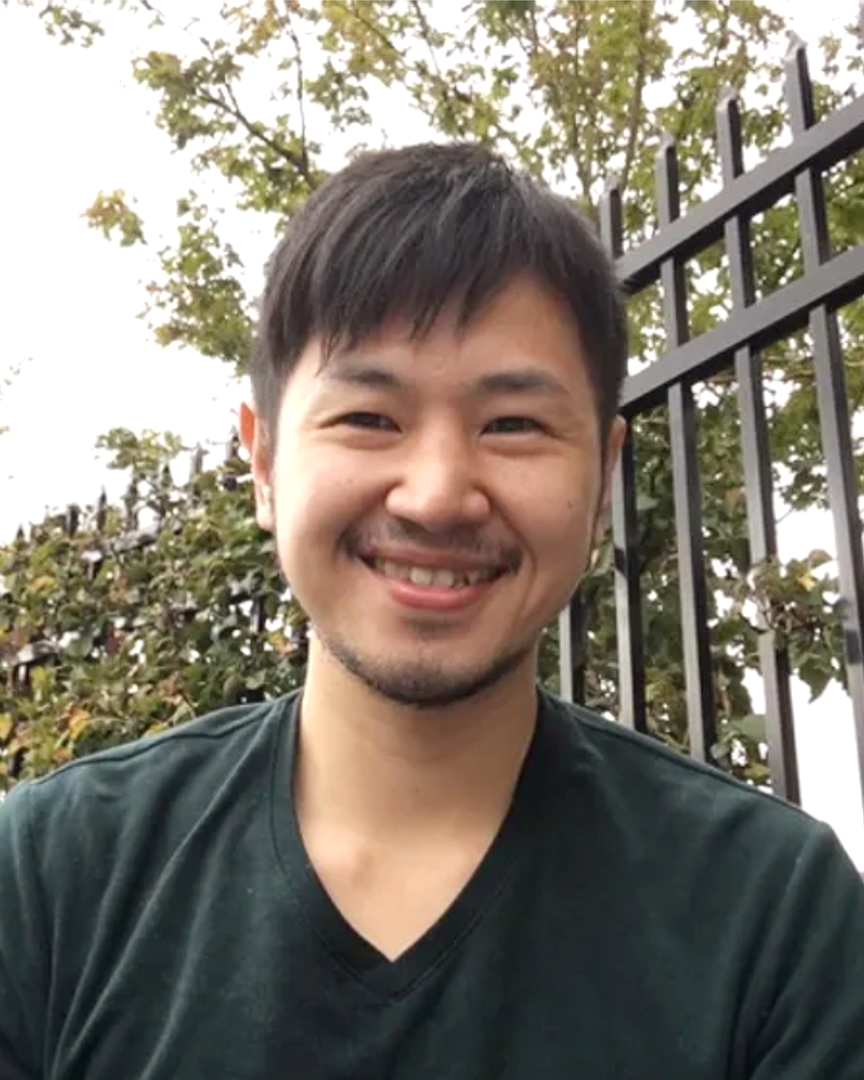
-
Sho INAMI
Assistant Professor (Research fellowship-PD)Institute for Advanced Academic Research / Graduate School of Pharmaceutical Sciences
Keywords
Drosophila, ALS, Methylation
Professional Memberships
Japan Neuroscience Society, Society for Neuroscience
Research Theme
Investigation of ALS/FTD regulatory mechanisms by the SAMe, a universal methyl donor, using Drosophila

Abstract
The nucleotide repeat expansion (NRE) mutation in an intron of the c9orf72 (c9) gene is the most common genetic cause of amyotrophic lateral sclerosis (ALS). The c9-NRE mutation leads to several cellular abnormalities, including the appearance of highly toxic arginine-rich dipeptide repeats (DPRs). Sleep and circadian disorders are frequent comorbidities with ALS. However, the molecular and cellular mechanisms linking ALS to sleep/circadian disruptions are poorly understood. I found that expression of c9 NREs or DPRs in Drosophila clock neurons resulted in a wide range of phenotypes. Interestingly, expressing 49 repeats of c9 NREs or 36 repeats of the toxic proline-arginine (PR) dipeptide in a subset of clock neurons led to period lengthening and reduced rhythmicity. Interestingly, the clock neurons were still present, suggesting that the behavioral deficits preceded neurodegeneration. These findings are exciting because they allow me to perform genetic modifier screens to discover molecular pathways underlying the link between c9 and circadian dysfunction in the early stages of ALS pathogenesis. In an ongoing screen, my research team identified SAMC, a carrier of S-Adenosylmethionine (SAM, a universal methyl donor) into the mitochondria, as an enhancer. Reduced SAMC further exacerbated the PR-induced circadian phenotypes. This suggests that methylation in mitochondria regulates circadian dysfunction in the early stages of ALS pathogenesis. I will investigate how the methylation of proteins and DNA in mitochondria affects the progression of ALS.
